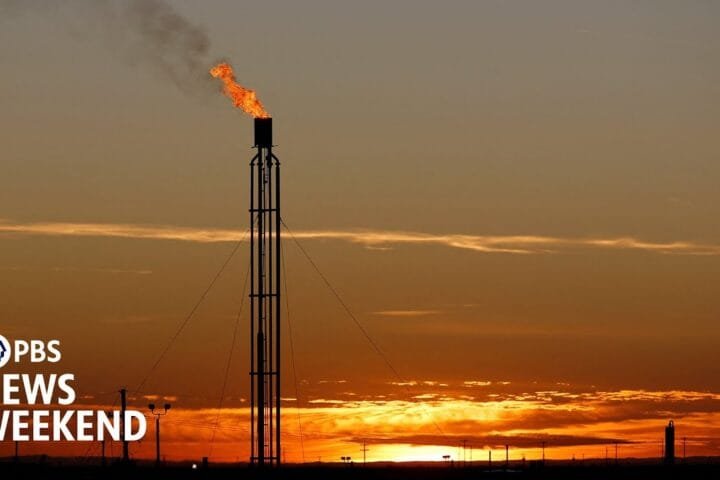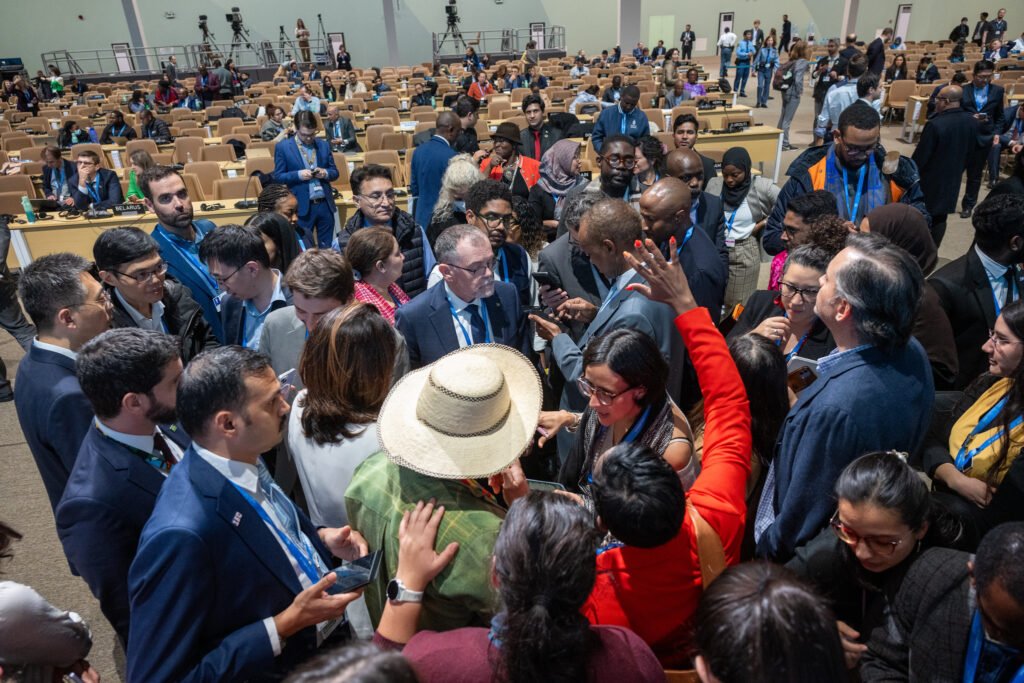Summary
India has made a significant impact at COP29 by rejecting a proposed finance deal, signaling its demand for more equitable climate funding. This decision highlights the ongoing tensions between developed and developing nations regarding financial commitments to combat climate change.
Highlights -🌍
- India’s Rejection – India rejects a major finance deal at COP29.
- Equity Demand – Calls for fair climate funding for developing nations.
- Global Tensions – Highlights ongoing disputes between developed and developing countries.
- Climate Justice – Emphasizes the need for equitable solutions in climate policy.
- COP29 Impact – Sets a precedent for future negotiations and agreements.
- Political Statement – India’s move serves as a warning to other nations.
- Long-term Goals – Stresses the importance of sustainable funding for climate action.
As COP29 wound up in the early hours of Sunday, India’s fierce objection to the climate finance deal that was the summit’s main outcome showed its resolve to act as a voice for the Global South in wanting more international support to step up climate action, diplomats and policy analysts said.
In a statement described as “bold” and “historic”, India rejected the rushed approval of the new finance goal for 2026-2035, arguing that due process had not been followed, and sought “much higher ambition” from rich nations.
“The Global South is being pushed to transit to no-carbon pathways even at the cost of our growth… other measures are being imposed by developed country parties to make this transition really not easy,” Chandni Raina, an advisor with India’s Department of Economic Affairs, said in an impassioned speech. “This amount is a paltry sum and not something that will enable conducive climate action,” she said of the hard-fought deal on climate finance after it was gavelled through.
Rich nations on Saturday agreed to channel at least $300 billion a year by 2035 for developing countries to ramp up climate action, after bad-tempered talks in which the most vulnerable pushed for a bigger slice of the pie.
Read the full post at Climate Home News.





